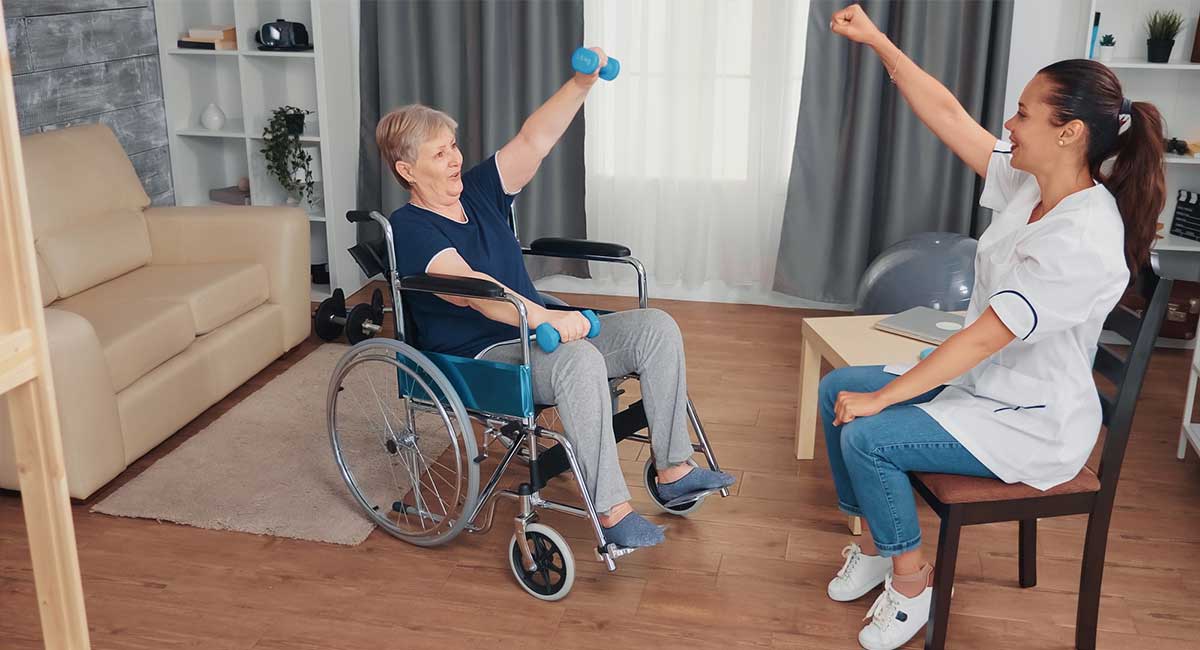The Single Strategy To Use For Narconon Africa
The Single Strategy To Use For Narconon Africa
Blog Article
Everything about Narconon Africa
Table of ContentsThe 9-Second Trick For Narconon AfricaThe Best Strategy To Use For Narconon AfricaThe Best Guide To Narconon AfricaHow Narconon Africa can Save You Time, Stress, and Money.All about Narconon AfricaThe 5-Second Trick For Narconon AfricaGetting My Narconon Africa To Work
In a series of documents with Manudeep Bhuller and Katrine V. Lken, we overcome these information obstacles and the nonrandomness of imprisonment, supplying new understandings into how imprisonment impacts recidivism, work, kids, and criminal networks - Supportive rehab environment. Number 1 Our work research studies the impacts of imprisonment in Norway, a setting with two vital advantagesWe can better connect this information to other member of the family, including kids and brother or sisters. Moreover, we know on co-offending that allows us to draw up criminal networks for observed criminal activities. Second, we can leverage the random project of criminal situations to courts who vary in their propensities to send out defendants to prison.
Yet some judges send defendants to prison at a high rate, while others are much more lenient. We determine a judge's stringency as the average incarceration rate for all various other instances a court handles, after controlling for court and year set effects, which is the degree of arbitrary task. This quasi-random task of court stringency can be utilized as an instrument for incarceration, as it highly predicts the judge's decision in the existing situation, but is uncorrelated with other situation qualities both by style and empirically.
The Ultimate Guide To Narconon Africa
Attributes of detainees, including demographics and crime groups, are generally similar in Norway and other nations, including the United States, with the exceptions that the United States murder rate is much greater, and race plays a bigger duty there. What sticks out as various, especially compared with the United States, is the prison system.
Figure 2In Norway, the typical time spent behind bars is a little over 6 months, which resembles most other Western European nations. This contrasts with ordinary US prison time of nearly 3 years, which remains in large part the reason the United States is an outlier in its incarceration rate compared to the remainder of the globe [Number 1]
Narconon Africa Can Be Fun For Anyone
This provides far more splitting up between small and hardened offenders than exists in the USA. There is no congestion in Norwegian jails and much better personal safety and security, with each detainee being designated to their own cell and a higher inmate-to-staff proportion than in the United States (https://www.huntingnet.com/forum/members/narcononza12.html). Jails in Norway additionally offer well-funded education, medication therapy, psychological health, and job training programs
Our research on the results of incarceration on the wrongdoer, using the arbitrary task of courts as a tool, returns 3 key findings. Imprisonment dissuades even more criminal habits. We discover that incarceration lowers the possibility that a person will certainly reoffend within five years by 27 portion points and minimizes the equivalent variety of criminal fees per individual by 10 fees.
The 4-Minute Rule for Narconon Africa
We find substantial reductions in reoffending probabilities and collective billed crimes also after offenders are launched from prison. Our 2nd outcome is that prejudice as a result of selection on unobservable private characteristics, if disregarded, causes the wrong final thought that time spent behind bars is criminogenic. If we simply contrast criminal accuseds sent out to prison versus those not sentenced, we find favorable associations in between incarceration and succeeding criminal offense.
This stands in comparison to our analysis based upon the random task of judges, which discovers an opposite-signed outcome. Third, the reduction in criminal offense is driven by individuals who were not functioning prior to incarceration. Amongst these individuals, imprisonment increases engagement in programs guided at improving employability and lowering relapse, and this eventually increases work and incomes while inhibiting criminal behavior.

Imprisonment creates a 34 percentage factor rise in participation in task training programs for the formerly nonemployed, and within five years their employment price rises by 40 percentage points. At the exact same time, the chance of reoffending within five years is cut by 46 percent factors, and there is a decline of 22 in the typical variety of criminal costs.
Getting The Narconon Africa To Work

A possible explanation for the difference is that Norway's jail system varies noticeably, both in regards to prison-term length and jail conditions, from the United States prison system. While recognizing the results of imprisonment on the wrongdoer is a crucial initial step, recording spillover results is additionally essential for evaluating criminal justice plan and creating effective jail systems.
Excitement About Narconon Africa

Regular the very least squares estimates expose that kids of incarcerated daddies are 1 percentage point a lot more most likely to be billed with a crime, about a mean of 13 percent, and show no result on college qualities. Using our judge stringency instrument, we discover no statistical proof that a daddy's imprisonment impacts a child's own criminal activity or school grades, however we are not able to dismiss modest-sized results.
Getting The Narconon Africa To Work
We define criminal teams based on network links to previous criminal situations. When a criminal network member is put behind bars, their peers' likelihood of being charged with a future criminal activity decreases by 51 percent points over the following four years - https://narcononza12.blog.ss-blog.jp/2024-06-05?1717585776.
Report this page